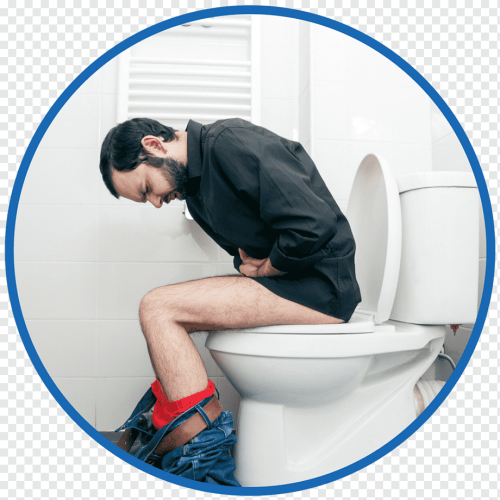ImBillT
Well-known member
- Joined
- Oct 29, 2018
- Messages
- 3,962
If you get a rub when you load and unload a case, then you should probably bump your shoulder a tad. On the other hand, if brass pushes into the ejector hole or slot, and is shaved off when you open the bolt, then you’ve stressed the brass beyond the elastic region and entered the plastic region of its stress/strain curve. The brass will harden, and move the boundary of the elastic region somewhat into what was before the plastic region. You have still permanently deformed the brass. It’s a reliable sign that you’re on the edge of what the brass can handle. If you’re barely over the edge(@Greenhorn ’s primer looked fine) it’s possible that the same charge won’t cause new ejector marks. If it continues to cause new ejector marks with each firing, loose primer pockets are coming soon(although the magnum diameter case head may kick that can down the road more than I’m sure of, as I’ve never loaded for magnums, or used SRP brass in anything but a 222/223).I've had ejector marks that looked like they were polished onto the brass. No other signs. I don't think ejector marks are the most reliable signs of pressure. mtmuley
If gas is going to leak out of a case anywhere but the case mouth, I want to be behind a Remington 700 with a Remington style extractor. If I get any pressure signs when shooting a Mauser or Sako, or Remington with Sako extractor, I back off immediately. Perhaps I’m being over cautious.





